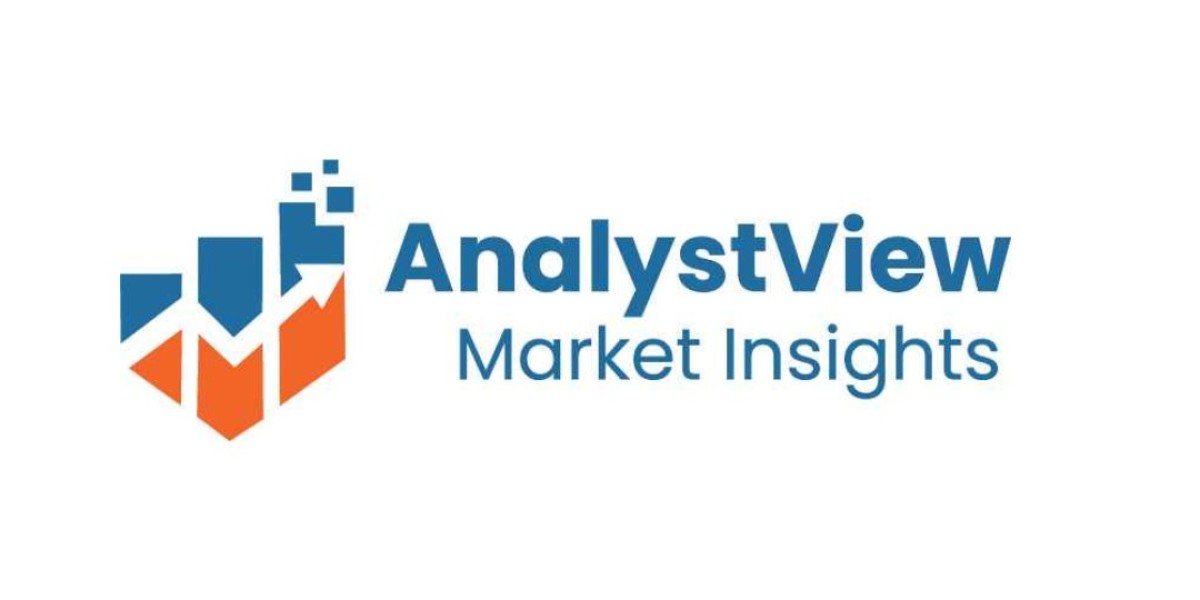In the fast-paced world of healthcare, cardiology practices face unique billing challenges that require precision, accuracy, and specialized knowledge. The complex nature of cardiac procedures, diagnostic codes, and compliance regulations demands a professional approach to revenue cycle management. That’s why more medical practices are turning to Cardiology Billing Services to simplify billing operations, minimize claim denials, and ensure faster reimbursements. These specialized services not only optimize financial outcomes but also allow cardiologists to focus entirely on what matters most — patient care.
Cardiology is one of the most detail-oriented specialties in medicine. From echocardiograms and stress tests to interventional procedures, every treatment involves a set of complex coding protocols. A minor coding mistake or missed modifier can cause claim rejections, audits, or lost revenue. Professional billing experts, trained specifically in cardiology, ensure that every claim is error-free, fully documented, and compliant with payer and federal regulations. Their deep understanding of CPT, ICD-10, and HCPCS codes helps cardiology practices maintain financial stability and compliance in a rapidly changing healthcare environment.
Understanding the Complexity of Cardiology Billing
Cardiology billing is far more intricate than general medical billing. Each cardiac service — from diagnostic imaging to interventional cardiology — carries specific documentation and coding requirements. Even subtle details, such as whether a procedure was performed in-office or in a hospital, affect coding and reimbursement.
The main challenges in cardiology billing include:
Handling frequent payer updates and reimbursement policy changes.
Managing modifiers that distinguish between technical and professional components.
Accurately coding bundled and unbundled services.
Preventing duplicate billing or compliance errors.
Without specialized expertise, these challenges can lead to high claim denial rates and delayed cash flow. That’s why outsourcing billing to certified cardiology billers ensures both accuracy and efficiency.
Why Outsourcing Cardiology Billing Is a Smart Move
Outsourcing billing functions can significantly enhance the operational efficiency of a cardiology practice. Trained billing experts take care of coding, claims submission, follow-ups, and denial management, allowing medical professionals to dedicate their time to patients.
Key benefits of outsourcing include:
Improved Revenue Cycle: Professional billing teams monitor every step of the claim process, reducing denials and increasing collections.
Regulatory Compliance: Specialists stay updated on HIPAA, CMS, and payer policies, ensuring adherence to all legal requirements.
Cost Efficiency: Practices save on hiring, training, and billing software costs.
Error Reduction: Advanced claim scrubbing and quality control minimize rejections.
Increased Focus on Patient Care: Doctors and staff can focus on treatment rather than administrative tasks.
By outsourcing, cardiology practices not only improve financial performance but also build a more sustainable and stress-free work environment.
How Technology Is Transforming Cardiology Billing
Modern billing services use cutting-edge technologies to eliminate inefficiencies. Automated claim scrubbing tools, AI-driven coding systems, and integrated EHR platforms make the billing process faster and more accurate.
Technology allows cardiology billing professionals to:
Instantly verify patient insurance coverage and eligibility.
Detect and correct coding errors before submission.
Analyze claim data for trends and potential improvements.
Provide real-time performance reporting.
These digital solutions streamline communication between healthcare providers, payers, and billing teams — improving transparency and accountability across the revenue cycle.
The Importance of Compliance in Cardiology Billing
Compliance is one of the most critical components of cardiology billing. The Centers for Medicare and Medicaid Services (CMS) frequently update coding rules and reimbursement models. Failure to comply can lead to audits, penalties, and legal risks.
Certified billing specialists stay informed on every regulatory change, ensuring that documentation and claims are always aligned with the latest CMS and HIPAA guidelines. This helps protect your practice from compliance pitfalls while maintaining consistent revenue flow.
Partnering with a reliable billing company also ensures data privacy. They use secure billing platforms and follow HIPAA protocols to protect sensitive patient information from unauthorized access.
Building a Stronger Financial Foundation with Professional Support
One of the major advantages of outsourcing billing is the transparency and insights it provides. Professional billing teams generate detailed reports that give you full visibility into your practice’s financial performance. This includes claim turnaround times, collection rates, and denial trends.
These analytics empower cardiology practices to make data-driven decisions that improve profitability. Moreover, billing experts can identify recurring errors, recommend coding improvements, and create strategies to optimize reimbursements.
As part of the broader healthcare landscape, many providers offering medical billing services in USA have developed advanced solutions for cardiology-specific billing. These services are designed to handle the growing complexity of insurance reimbursements and ensure that every practice stays financially strong.
Common Pitfalls in Cardiology Billing and How to Avoid Them
Incorrect Modifiers: Misusing modifiers can lead to claim denials. Professional billers ensure modifiers are used correctly to describe procedures accurately.
Incomplete Documentation: Missing or unclear clinical documentation causes payment delays. Expert billing services cross-check all patient records before submission.
Underbilling or Overbilling: Proper charge capture ensures every service is billed correctly to avoid compliance issues or lost revenue.
Failure to Follow Up: Unpaid or rejected claims must be followed up quickly. Dedicated teams track every claim until it’s fully reimbursed.
Inconsistent Coding Updates: Regular training and continuous monitoring help keep billing teams updated with the latest coding guidelines.
Avoiding these common mistakes ensures your cardiology practice remains financially healthy and compliant.
Tailored Cardiology Billing for Practice Growth
Every cardiology practice has unique needs — whether it’s a solo provider, a small clinic, or a large healthcare facility. Customized billing services offer flexibility, allowing cardiologists to choose support that fits their workflow and budget.
From coding accuracy to denial prevention, professional billing solutions are designed to adapt to each practice’s volume, specialty, and payer mix. Scalability ensures that as your practice grows, your billing operations can easily expand without disruption.
In addition, dedicated account managers provide one-on-one support, ensuring that every claim, report, and payment aligns with your goals. These personalized services establish long-term partnerships that drive success and reliability.
How Accurate Cardiology Billing Boosts Cash Flow
Accurate billing means quicker payments, fewer rejections, and improved financial predictability. By minimizing manual errors and automating key processes, professional billing companies help cardiology practices achieve steady cash flow and a higher collection rate.
A streamlined billing workflow ensures:
Claims are submitted correctly the first time.
Payments are posted promptly.
Denials are addressed and appealed efficiently.
When claims are managed properly, cardiologists no longer need to worry about lost revenue or compliance risks. Instead, they can focus on improving patient outcomes and expanding their services.
What to Look for in a Reliable Cardiology Billing Partner
Choosing the right billing partner can make or break your financial performance. Look for a company that combines industry expertise, advanced technology, and transparent communication.
Key qualities to consider:
Certified Billers and Coders: Ensure they specialize in cardiology.
HIPAA Compliance: Verify data protection and confidentiality.
Customized Reporting: Access detailed financial reports anytime.
Transparent Pricing: No hidden fees or surprise charges.
Proven Track Record: Seek partners with a history of successful cardiology billing.
A reliable billing partner acts as an extension of your practice — not just processing claims but actively helping you improve your revenue cycle.
Long-Term Value of Partnering with Billing Experts
Partnering with a trusted billing service delivers long-term financial and operational benefits. Practices that outsource see improved revenue, fewer errors, and enhanced patient satisfaction due to quicker billing responses.
The long-term benefits include:
Higher claim acceptance rates.
Reduced operational costs.
Better time management for medical staff.
Data-driven revenue insights.
Continuous compliance monitoring.
With the right billing support, cardiology practices can achieve lasting stability, growth, and success in an increasingly competitive healthcare market.
The Future of Cardiology Billing
The future of cardiology billing lies in automation, AI integration, and value-based care models. As technology evolves, billing systems will continue to become more predictive and efficient, reducing administrative burdens and enhancing accuracy.
Artificial intelligence and data analytics are already helping billing teams predict denials, identify high-risk claims, and optimize workflows. This innovation-driven approach ensures cardiology practices can adapt quickly to regulatory and payer changes, keeping their financial operations smooth and compliant.
FAQs
Q1: Why is cardiology billing considered more complex than other specialties?
Cardiology involves diverse diagnostic and interventional procedures, each requiring detailed documentation and specialized coding. This complexity makes professional expertise essential.
Q2: How can professional billing services improve my practice revenue?
They ensure claims are accurately coded, submitted on time, and followed up promptly — minimizing denials and maximizing reimbursements.
Q3: Are cardiology billing services compliant with HIPAA regulations?
Yes. Professional billing services use secure systems and follow HIPAA protocols to safeguard patient information.
Q4: Can I still monitor my billing performance if I outsource?
Absolutely. Most billing partners provide detailed performance reports and online dashboards for real-time financial tracking.
Q5: What makes outsourcing cost-effective?
Outsourcing reduces staffing, training, and software costs while improving claim turnaround and collection rates, leading to higher overall profitability.
Conclusion
Cardiology billing demands precision, compliance, and in-depth industry knowledge. By partnering with professional Cardiology Billing Services, practices can achieve higher revenue, fewer denials, and more time to focus on patient care. Leveraging advanced technology, certified billers, and regulatory expertise, these services bring lasting financial health to cardiology practices of all sizes.
As the healthcare industry continues to evolve, outsourcing remains the most strategic choice for practices that want to stay ahead — ensuring sustainable growth, compliance, and excellence in patient service.







